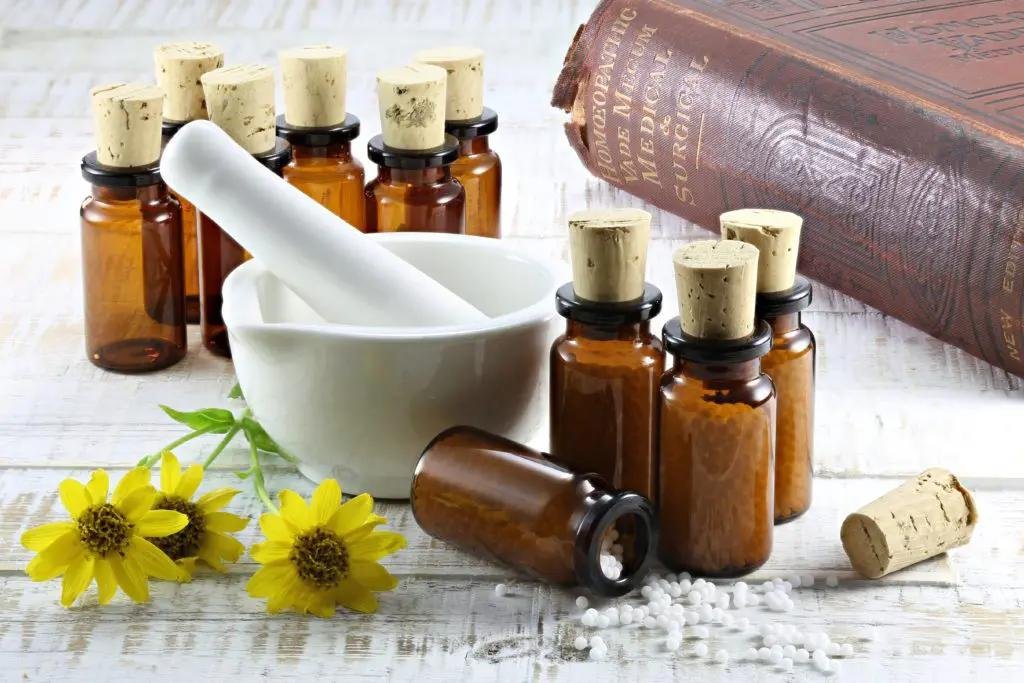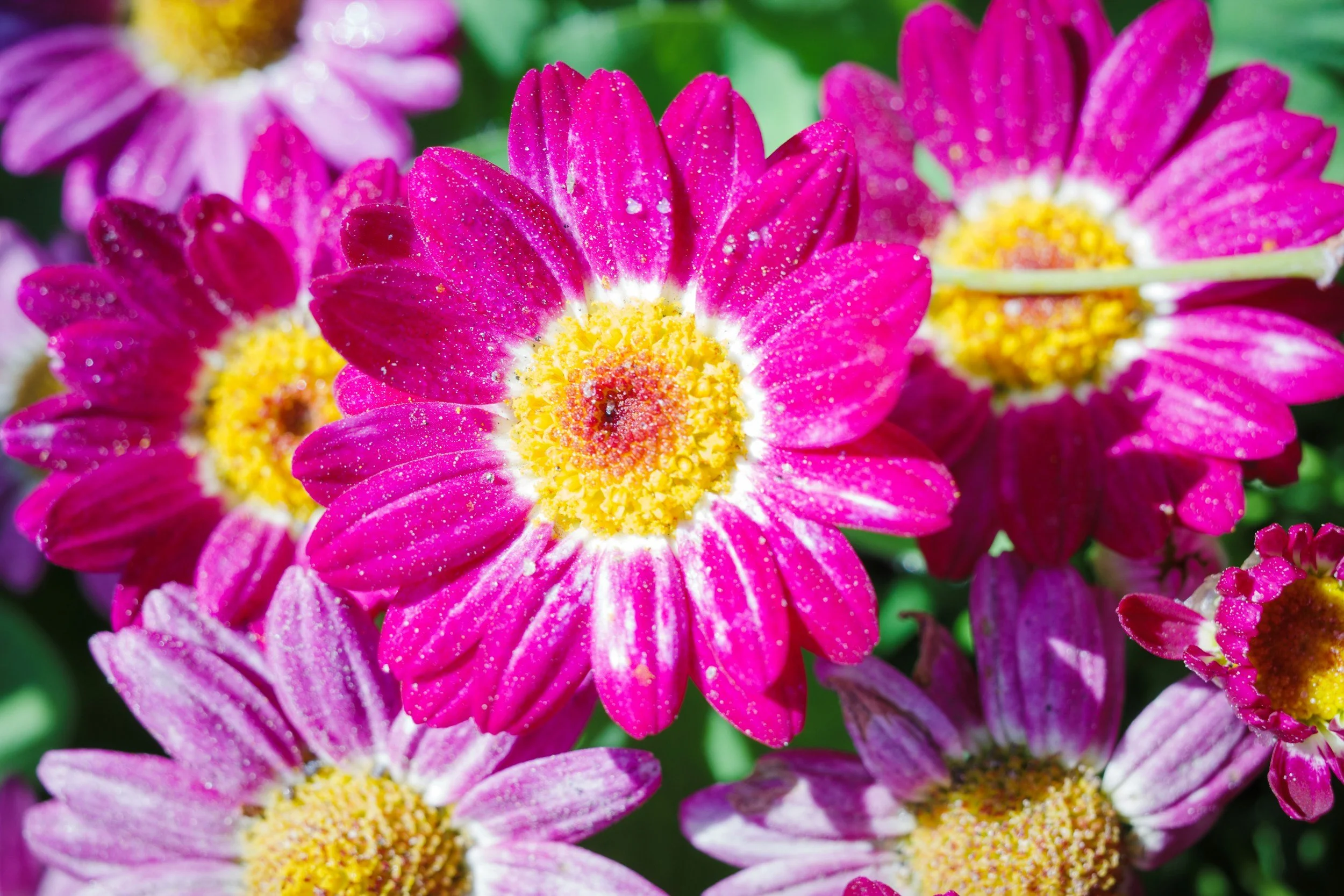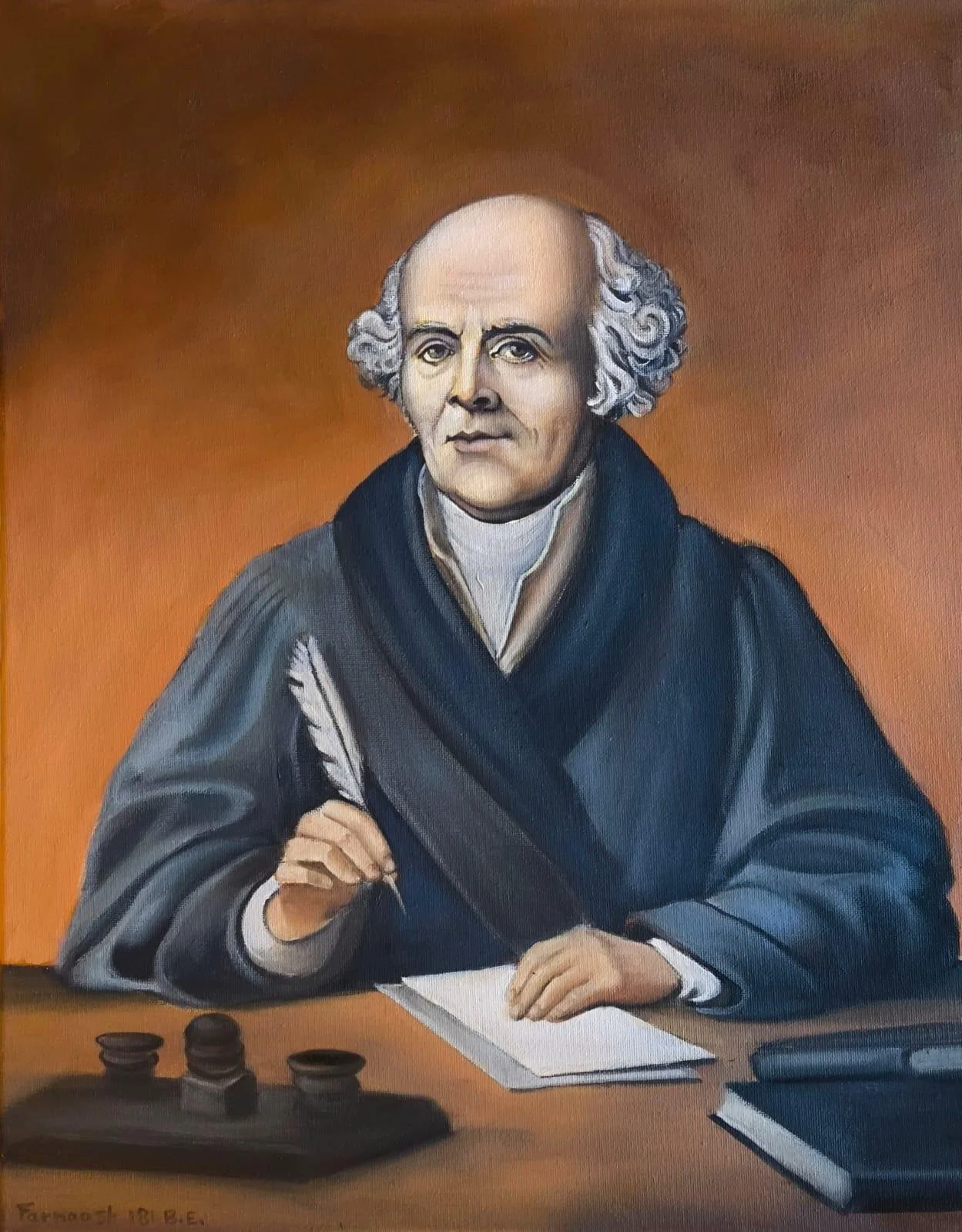What is Homeopathy?
A natural system for health and healing
Homeopathy is a natural, holistic system of medicine that stimulates the body’s own healing power to restore balance, promote health, and support the body’s natural healing process.
For more than 200 years, homeopathy has helped millions of people worldwide regain their health naturally.
The use of homeopathic medicines, also called remedies, is based on the discovery that natural substances can cure the same symptoms they produce in a healthy person.
By studying the symptoms that develop when a healthy person tests or “proves” a remedy, homeopaths can determine which remedy can restore balance and support healing in others.
What are the benefits of Homeopathy?
• 100% natural and safe — non-toxic, cruelty-free, environmentally friendly, and without side effects.
• Individualized to each person and designed to promote your body’s natural healing system.
• Effective in treating both chronic and acute conditions.
• Can help reduce or eliminate drug dependency.
• Treats the whole person, strengthens the immune system, and works on the physical, emotional, and mental levels.
• Focused on holistic healing rather than providing a “Band-Aid” approach to symptomatic treatment.
• Safe for pregnant and nursing women.
• Suitable for newborns, children, youth, adults, and seniors.
• Does not interfere with other medications.
• Non-invasive and non-suppressive.
• Affordable and accessible.
Core Principles of Homeopathy
Like Cures Like
Something that creates the symptoms of a disease in large doses will, in a highly diluted state, cure it.
Holistic
Homeopathy is a holistic system of medicine that considers the whole person in order to find the most suitable remedy.
Ultra Dilution
An extremely high dilution enhances the remedy’s healing properties while eliminating harmful side effects.
Samuel Hahnemann
The Founder of Homeopathy
Samuel Hahnemann (1755–1843) was a German physician, deeply dissatisfied with the harsh medical practices of his time, such as bloodletting. Believing that conventional medicine often caused more harm than good, he eventually abandoned his practice in the 1780s.
While working as a translator, he began researching the effects of medicinal substances. His key breakthrough came while studying cinchona bark, a remedy used for malaria. He found that by taking it himself, it induced malaria-like symptoms in his healthy body. This led him to formulate the core principle of homeopathy: “like cures like” — that a substance causing symptoms in a healthy person can treat similar symptoms in a sick person.
He first used the term “homeopathy” in 1807 and dedicated his life to systematically testing substances and developing the process of potentization (dilution and vigorous shaking) to make remedies safer. He compiled his entire philosophy and methods in his seminal work, The Organon of the Healing Art, which remains the foundational text of homeopathy.
“The highest ideal of cure is the speedy, gentle and enduring restoration of health by the most trustworthy and least harmful way.”
Samuel Hahnemann
Do you have any more questions?
Ready to start your holistic path to wellness? Fill in your details below and we’ll be in touch shortly to discuss how Classical Homeopathy can help you. We look forward to connecting!






